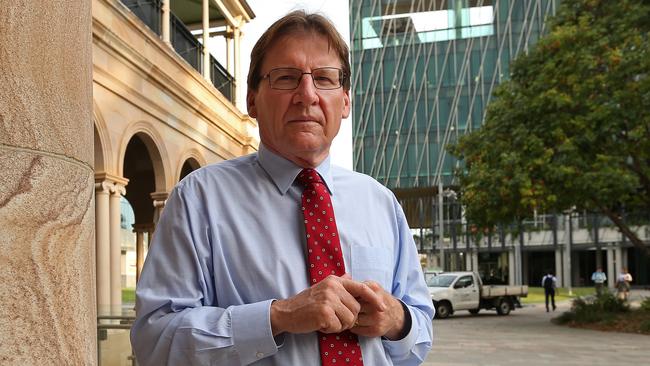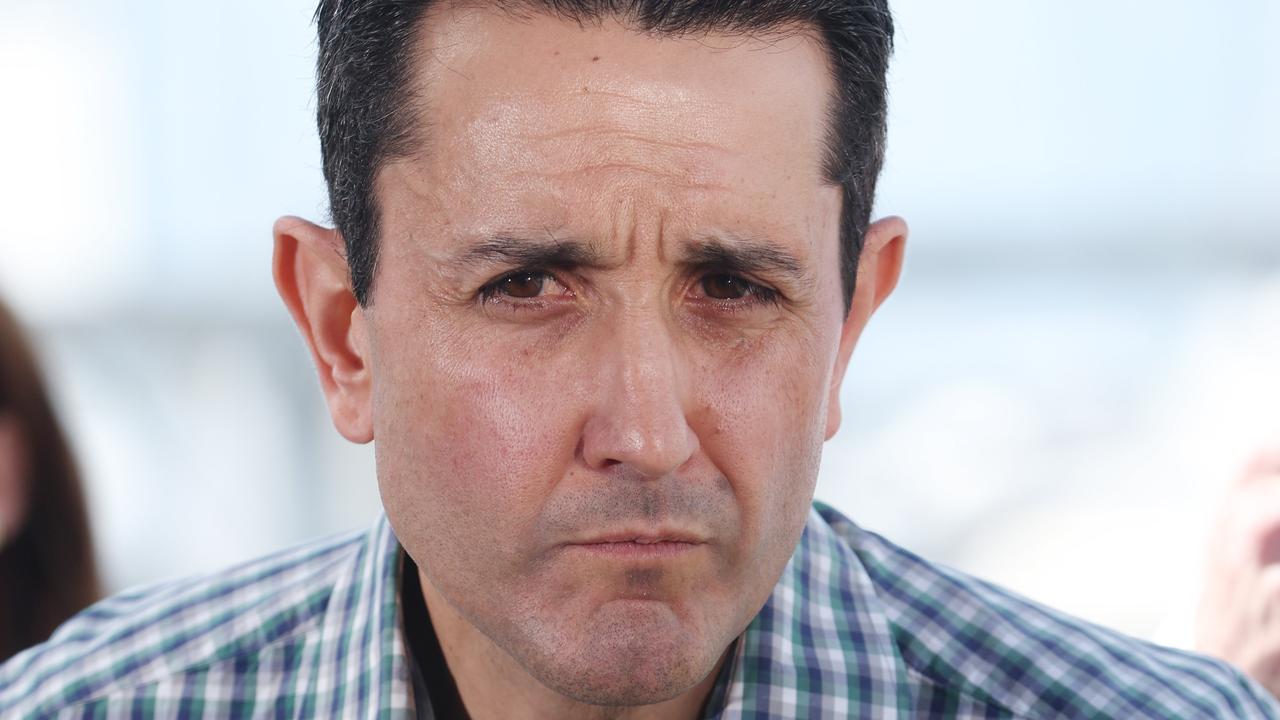Editorial: State going out of its way to keep us in dark
A sad culture has developed within the state bureaucracy where officials seek reasons why information should be kept hidden, writes the editor.

Opinion
Don't miss out on the headlines from Opinion. Followed categories will be added to My News.
The principle of the “Right to Information” laws should be clear: It is right there in the name – the public’s right to be able to access information from its government, as long as it is not disclosing commercially sensitive details or in breach of other confidentiality requirements.
Yet in practice, there are few nomenclatures that are more ironic, because a sad culture has developed within the state government bureaucracy where rather than Right to Information being about seeking reasons why information should be released, it has been about officials seeking reasons why it should be kept hidden.
A perfect example of this was revealed through an RTI request that eventually revealed the Palaszczuk government’s scramble to develop a plan to turn some unused student dormitories at Griffith University into crisis accommodation the very day before announcing the plan.
Initial attempts to seek the information via the Department of State Development, in this case by the Opposition, were repeatedly rebuffed for various spurious reasons. But a similar RTI search of Griffith University, which is also covered by the laws, saw the release of 2000 pages of documents.
This is not a solitary case. Last year’s Coaldrake Report into state government culture also noted the problem – calling out “worrying patterns” around RTI requests.
The inquiry was even told that important operational reports, subject to previous searches, were being given different names and sent to different recipients to limit the chances of the information being found again.
Professor Peter Coaldrake found a culture of “apprehension, even fear” among public servants of getting “caught” by an RTI request.
The overhaul of the old Freedom of Information laws into the Right to Information Act was partially intended to address these cultural problems, but instead they have only grown. Professor Coaldrake said he hoped his report would be seen as “an impetus for a cultural shift toward much more openness in government”.
One sensible way in which this greater openness could be achieved is being put forward as a motion by Redland Mayor Karen Williams to the Local Government Association of Queensland conference next week. She is calling for RTI laws to be expanded so searches can capture members of parliament, not just ministers.
This is a no-brainer.
Lower-paid officials, such as councillors and council staff are captured by RTI, so why not MPs taking home pay packets of $195,000 a year?
Premier Annastacia Palaszczuk often talks about public officials being held to a higher standard.
She likes to talk up her commitment to transparency – referencing often the Fitzgerald report and even previously posting to social media photos of her marking the anniversary release of the landmark review.
But she and her government need to do more than just talk.
A review of RTI laws, and their expansion to include the offices of state MPs, would be an easy way for her to walk the walk.
Information that should be accessible to the public should never be willingly obscured in the shadows by government.
GOVT MUST REVERSE QATAR CALL
The Albanese government rejected the bid by Qatar Airlines for more flights into Australia partly because of the intervention of Qantas boss Alan Joyce.
This was the conclusion of the Senate Committee tasked with examining Qatar’s failed bid, which came with the recommendation that the government should review the decision.
Evidence to the committee has been deeply embarrassing for both Qantas and the federal government, and it is clear that their cosy relationship – which admittedly goes back decades – has been at the expense of the Australian flying public.
Despite the usual grumblings about the partisan nature of the inquiry, we hope Prime Minister Anthony Albanese and Transport Minister Catherine King take the committee findings seriously, and when they “review” the decision, they reverse it.
With international airfares at record highs, extra flights by Qatar Airlines – they were seeking 28 more flights a week – would surely drive down prices.
It would also be a signal to other airlines looking to expand that Australia was open to business.
And more crucially, it sends a message to Qantas – lift your game.
But most important of all, it would show that during this cost-of-living crisis, the government is doing whatever it can to drive down prices for the ordinary Australian, rather than looking after its mates from the top end of town.
Responsibility for election comment is taken by Chris Jones, corner of Mayne Rd & Campbell St, Bowen Hills, Qld 4006. Printed and published by NEWSQUEENSLAND (ACN 009 661 778). Contact details here


